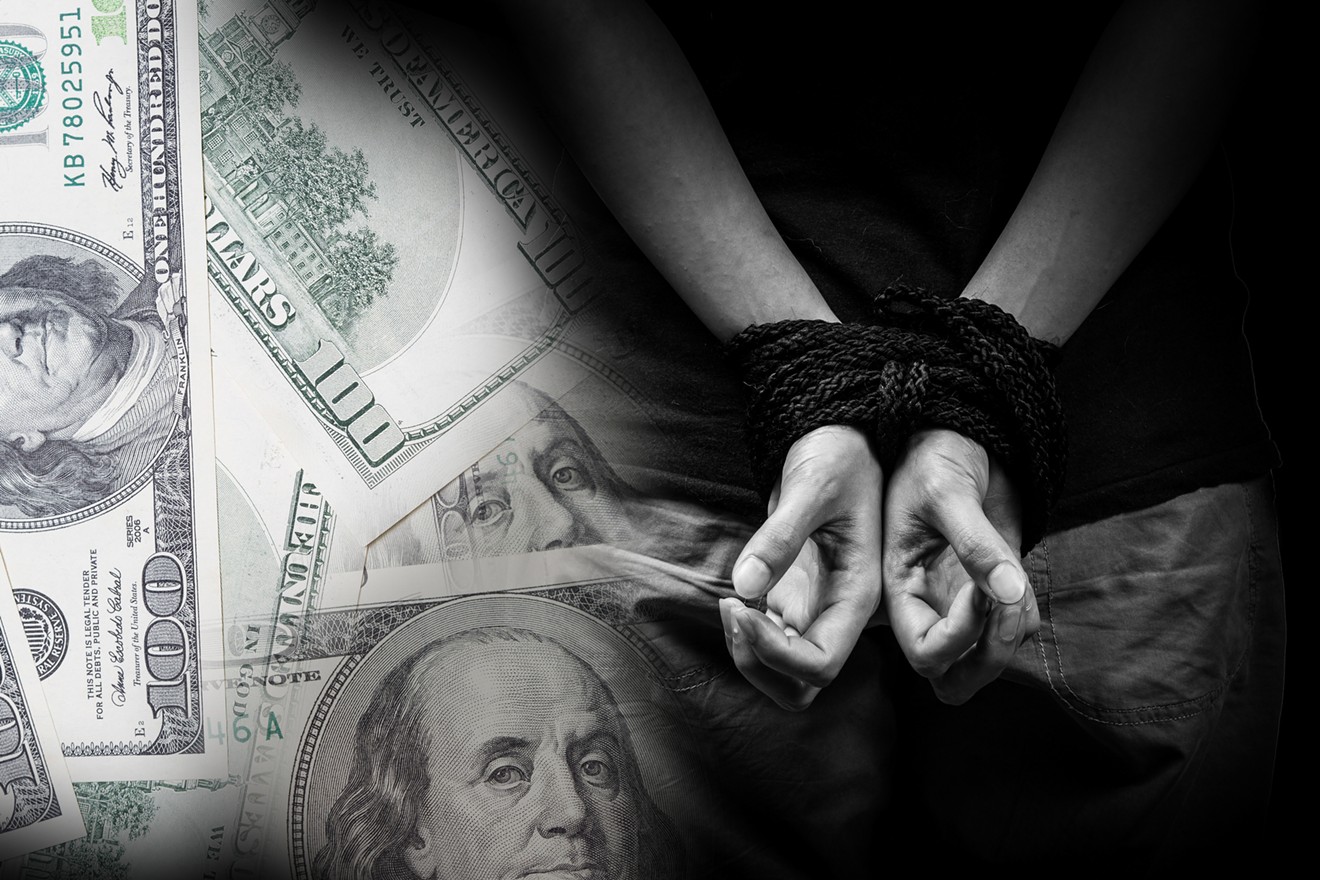Pictures taken inside one of the establishments showed beds lining the floor where trafficked women were kept and where prostitution occurred. Now, with help from law enforcement, the city is considering ways it could further regulate massage businesses in an effort to snuff out illegal activity.
DPD is looking into two types of businesses it says could be covers for prostitution, money laundering or human trafficking. The two are massage therapy and reflexology therapy businesses.
Massage therapy businesses focus on “manipulation of soft tissue by hand or through a mechanical or electrical apparatus for the purpose of body massage,” according to DPD. Reflexology therapy businesses focus on a “type of massage that involves applying different amounts of pressure to only the feet, hands and ears,” according to the police. Massage therapy is licensed, but reflexology is not.
Dallas already has an ordinance about licensing and regulating massage establishments. They are also regulated by the state under the Texas Occupations Code, which sets guidelines for businesses, schools and therapists. It states, in part, that no local ordinance supersedes Texas law. It also says municipalities can’t adopt laws that are stricter than what’s laid out in the occupation code.
The Texas Department of Licensing & Regulations is responsible for overseeing the state’s massage businesses, which includes issuing their licenses. The department can also hand fines or sanctions to the businesses to enforce regulations. Reflexology businesses, however, aren't regulated by this department.
DPD works with the Texas Department of Licensing & Regulations during their inspections. DPD also works with code compliance on different investigations and operations to catch any potential criminal activity.
Most cities are looking to model their response to massage businesses after Houston's approach, Lt. Lisette Rivera with DPD’s Vice Unit, said at a public safety committee meeting this week.“The fine is very minimal when they do even find something. That’s a problem.” - Cara Mendelsohn, City Council
tweet this
“They have officers who have been trained as code compliance officers, and this helps hold business owners responsible for the criminal behaviors occurring inside the businesses instead of targeting the workers,” she said.
One of the main challenges is the way the Texas Occupation Code hobbles certain parts of the city code. This means that these businesses are investigated mostly based on complaints, not through a consistent regulatory process.
The other big challenge, DPD said, is that organized crime adapts quickly. “This means that businesses can shut down and they can open under another name,” Rivera said. “Workers can be moved to another location or state. So, businesses can use anonymous shell companies that make it difficult to target the business owners.”
DPD and other city departments are also looking into how they can inspect these businesses more thoroughly, and how they can regulate reflexology establishments. The way the city code is written now, reflexology businesses do not require a license from the city to open. City Council member Cara Mendelsohn suggested changing the city code to require licenses of such businesses.
Mendelsohn also said they should look into ways Dallas police could be deputized by the Department of Licensing and Regulations to conduct the inspections of the city’s massage businesses. In doing so, the city may be able to increase the fines for different violations. “The fine is very minimal when they do even find something," she said. "That’s a problem."
Other cities have regulations for massage businesses that require customers to enter through the front door and prohibits sleeping quarters. Mendelsohn said she hopes Dallas can set similar rules and suggested a 1,000-foot buffer between these businesses so they aren’t clustered.
The city is also looking into lobbying for state legislation that would make it easier for them to regulate massage businesses.
This isn’t the first time the Dallas has eyed massage parlors for more regulation. In 2012, then council member Carolyn Davis pushed for changes to zoning restrictions for land in Fair Park that would ban massage parlors, piercing studios and, in some places, car washes.












